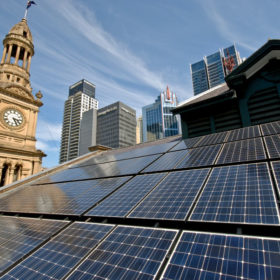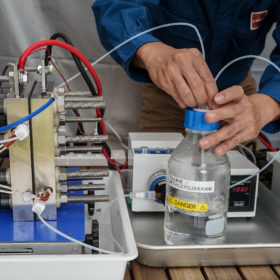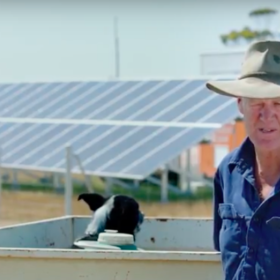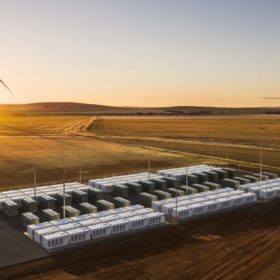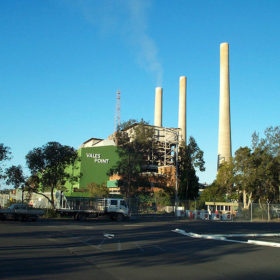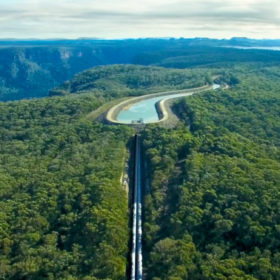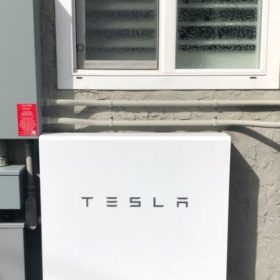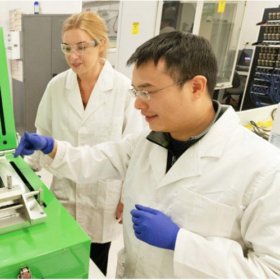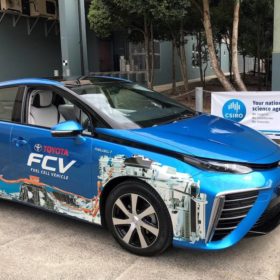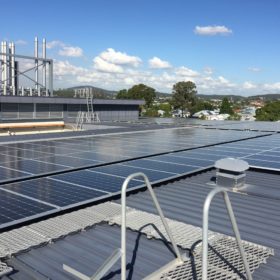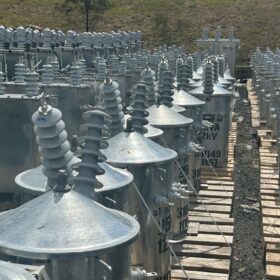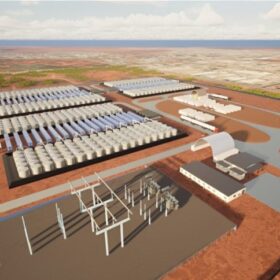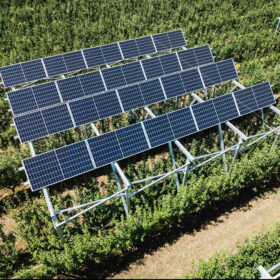City of Sydney sets 100% renewables target
With solar panels already installed on dozens of its buildings, the City of Sydney has upped the ante with the goal to source 100% of its electricity needs from solar PV and wind. The commitment has been endorsed by Council this week, and a new 100% renewable electricity contract will be negotiated in the coming months.
Queensland sends first green hydrogen shipment to Japan
Green hydrogen has been exported from Australia to Japan, under a trial executed by researchers from JXTG, Japan’s largest petroleum conglomerate, using Queensland University of Technology’s cutting-edge solar cell facility at the Redlands Research Facility on the Gold Coast. On top of that, the Queensland government has announced $250,000 in funding towards the establishment a renewable hydrogen production pilot plant.
Government unveils $50 million pot to power remote communities
The Coalition government has announced funding to support up to 50 off-grid and fringe-of-grid feasibility studies investigating whether building a microgrid can be a cost-effective solution. The studies will also look at whether existing off-grid capabilities can be upgraded with more up-to-date technology.
Strong support for South Australia’s 100% renewables target
New polling from The Australia Institute shows that almost 70% of South Australian voters regardless of political leanings want to see the state transition to 100% renewable energy by the year 2030.
Gas, pumped hydro, coal upgrade win in Federal underwriting scheme, new coal not out of the picture
The Coalition government has shortlisted 12 projects that could be eligible for taxpayer underwriting, and allocated $10 million to study the best way to meet the demand of energy-intensive industries in north and central Queensland. While there is no new coal among the shortlisted projects, the feasibility study promises to examine whether a new coal plant is viable in Collinsville.
Pumped hydro to triple Australia’s storage capacity
A new study from the Australian National University shows that a series of pumped storage projects currently in the pipeline across five states could triple Australia’s electricity storage capacity, and pave the way for more solar and wind.
Australian first climate bond gives investors new access to solar and storage market
In what is described as Australian first climate bond, which gives investors access to new ways to invest in solar and storage, the Clean Energy Finance Corporation (CEFC) has contributed $10 million towards the latest of FlexiGroup’s green bond issuances. The inclusion of energy storage in the underlying asset base is viewed as an important market development.
Lithium Australia launches German cathode powder study
The study will evaluate the direct production of cathode powders from mica feed material sourced from mining operations, eliminating the need for cobalt and nickel.
Hydrogen home storage, refueling hub get financial shot into the arm
Toyota Australia will transform its former manufacturing site in West Melbourne into a renewable energy hub to produce green hydrogen with the help of funding from the Australian Renewable Energy Agency (ARENA). In other hydrogen-related news, researchers at UNSW Sydney with partners H2Store have received a $3.5 million investment from Providence Asset Group to develop a hydrogen residential storage.
NSW Coalition commits to support apartments going solar, module and battery recycling
If re-elected on Saturday, the NSW Coalition will change strata laws to reduce the minimum votes needed to install solar panels, battery storage and electric vehicle charging points in strata buildings. The government has also pledged to give $20 million more funding to the Emerging Energy Program and $10 million in funding for a solar panel and battery recycling program.
